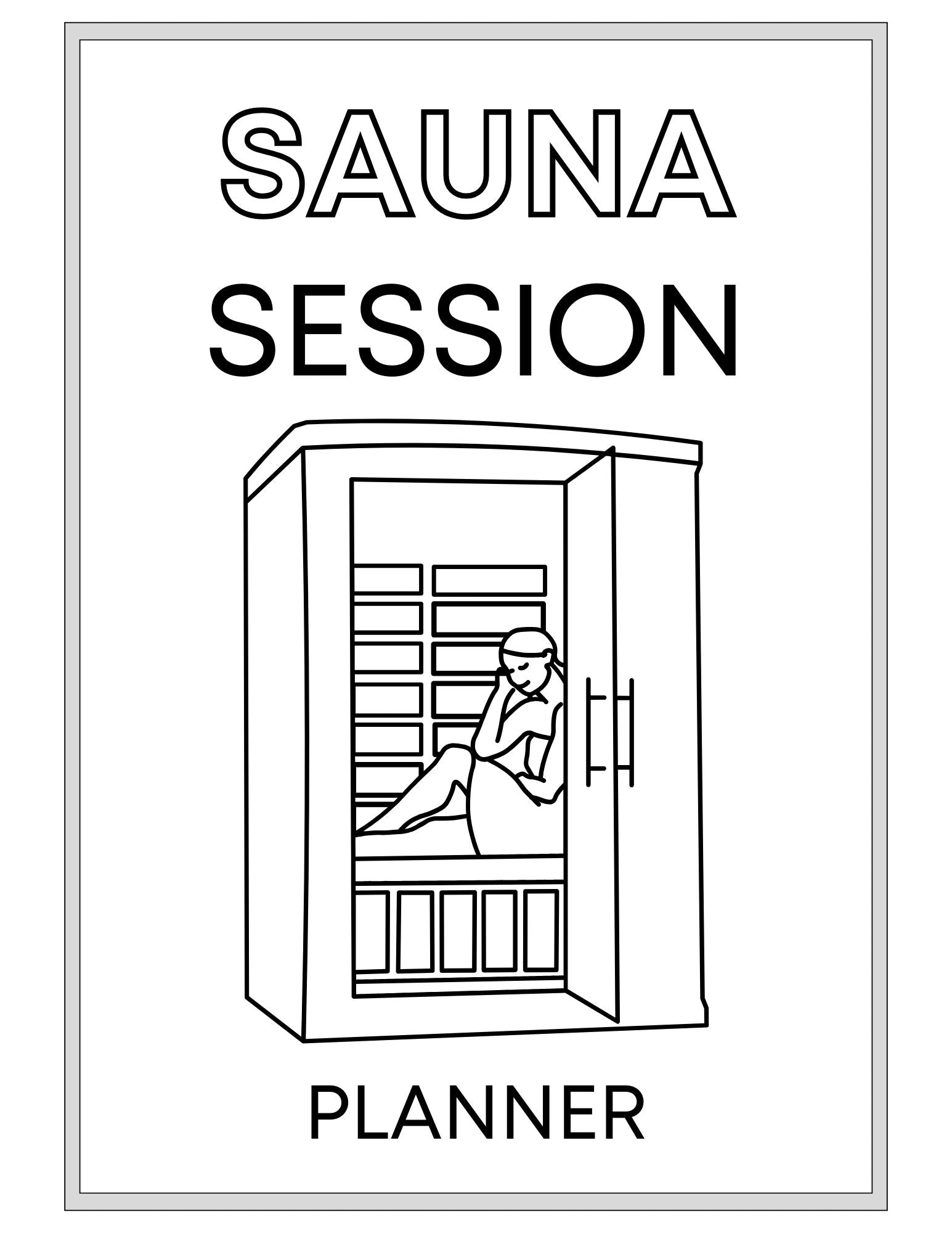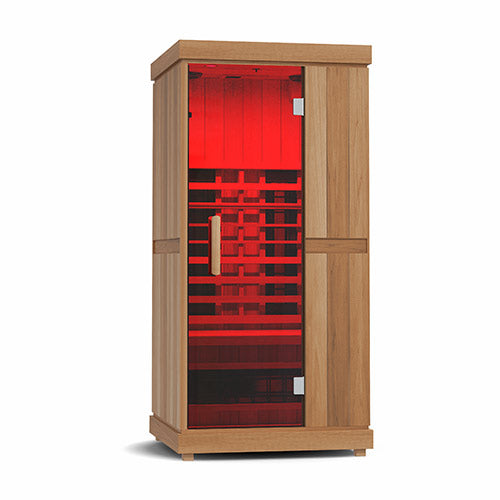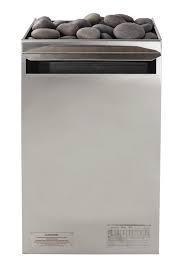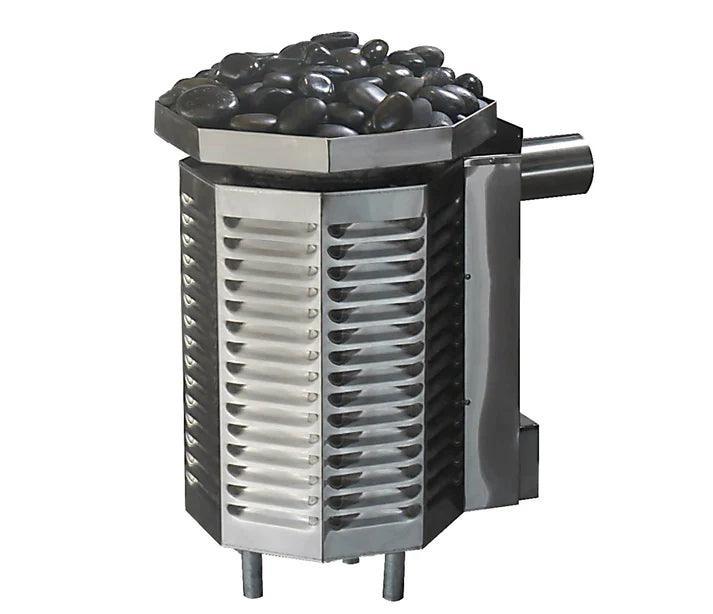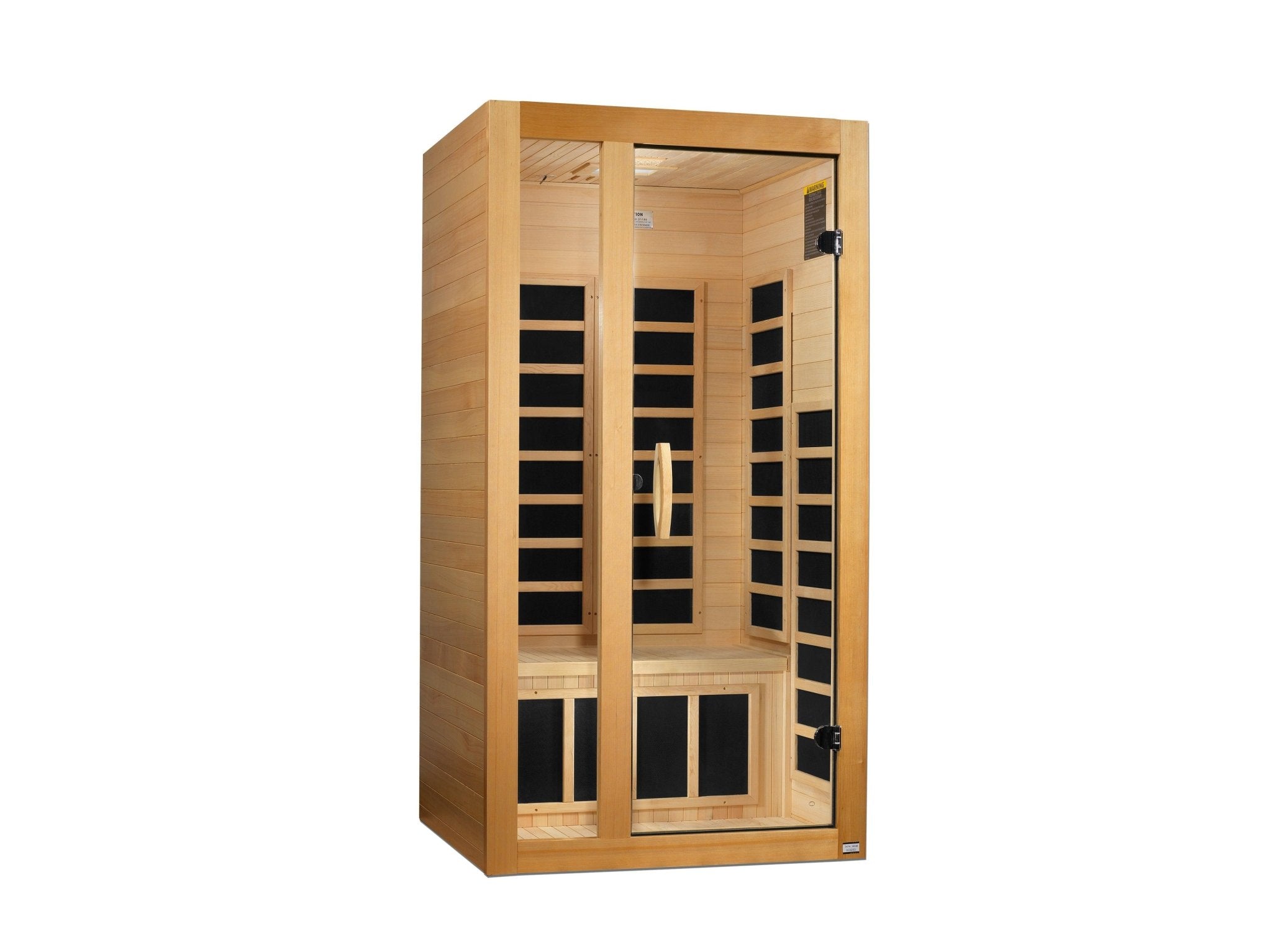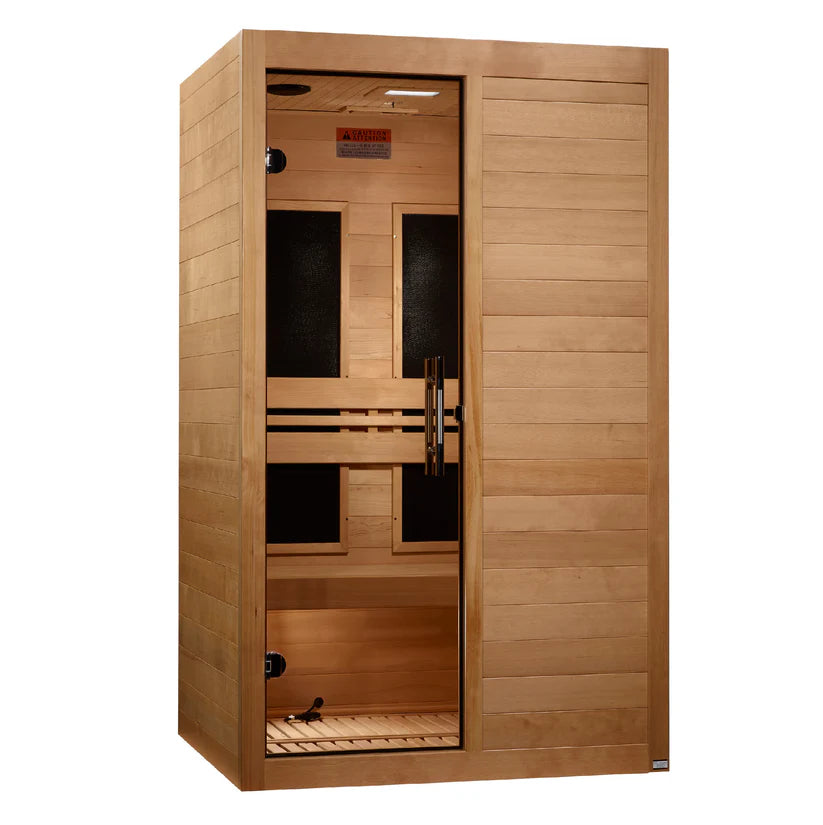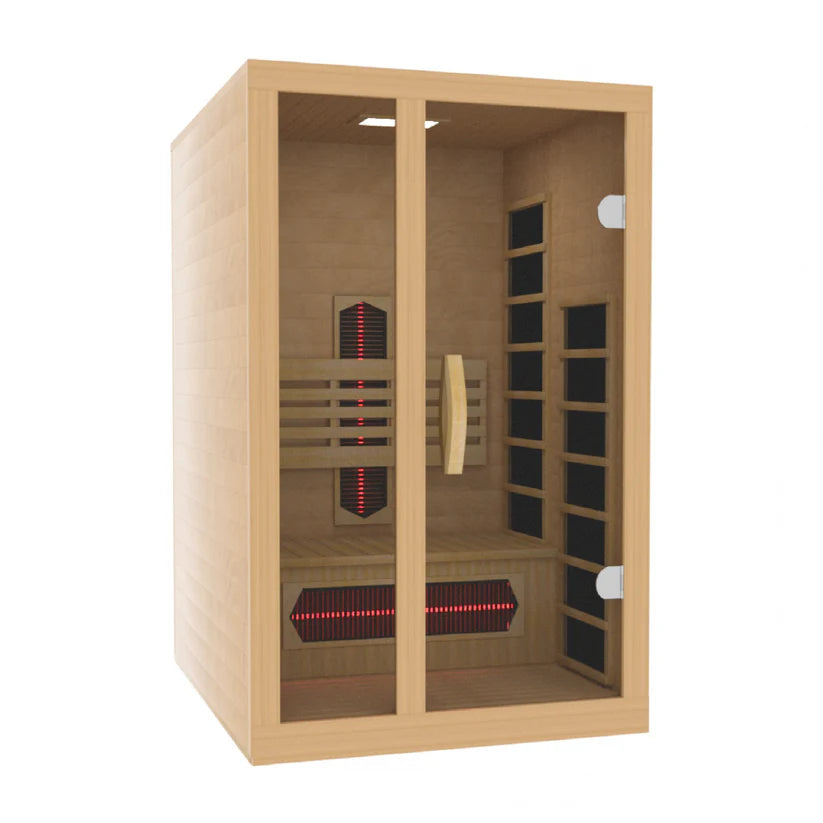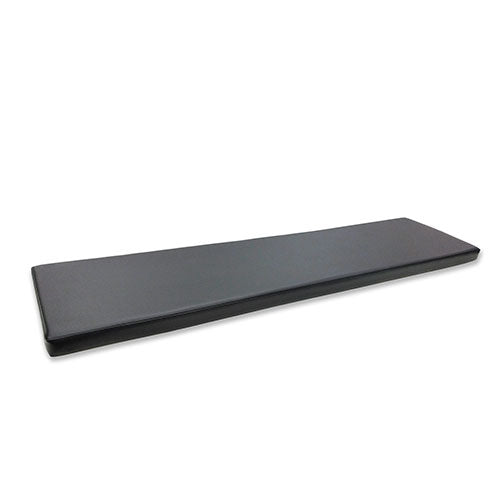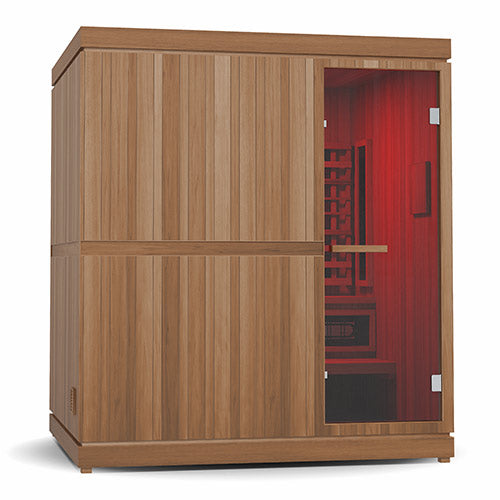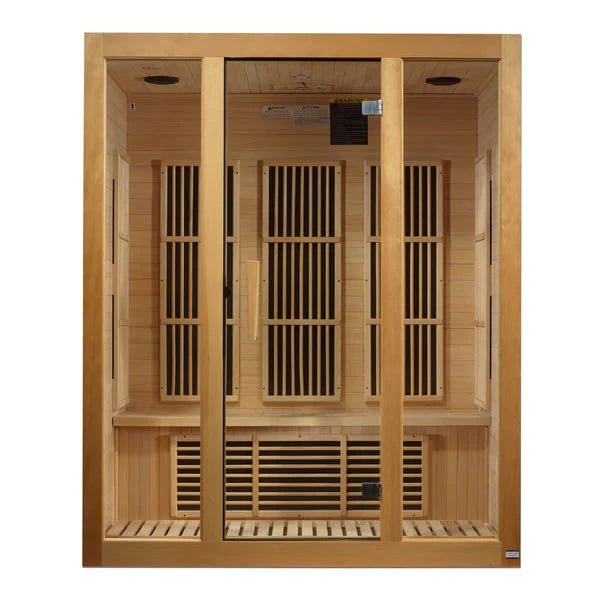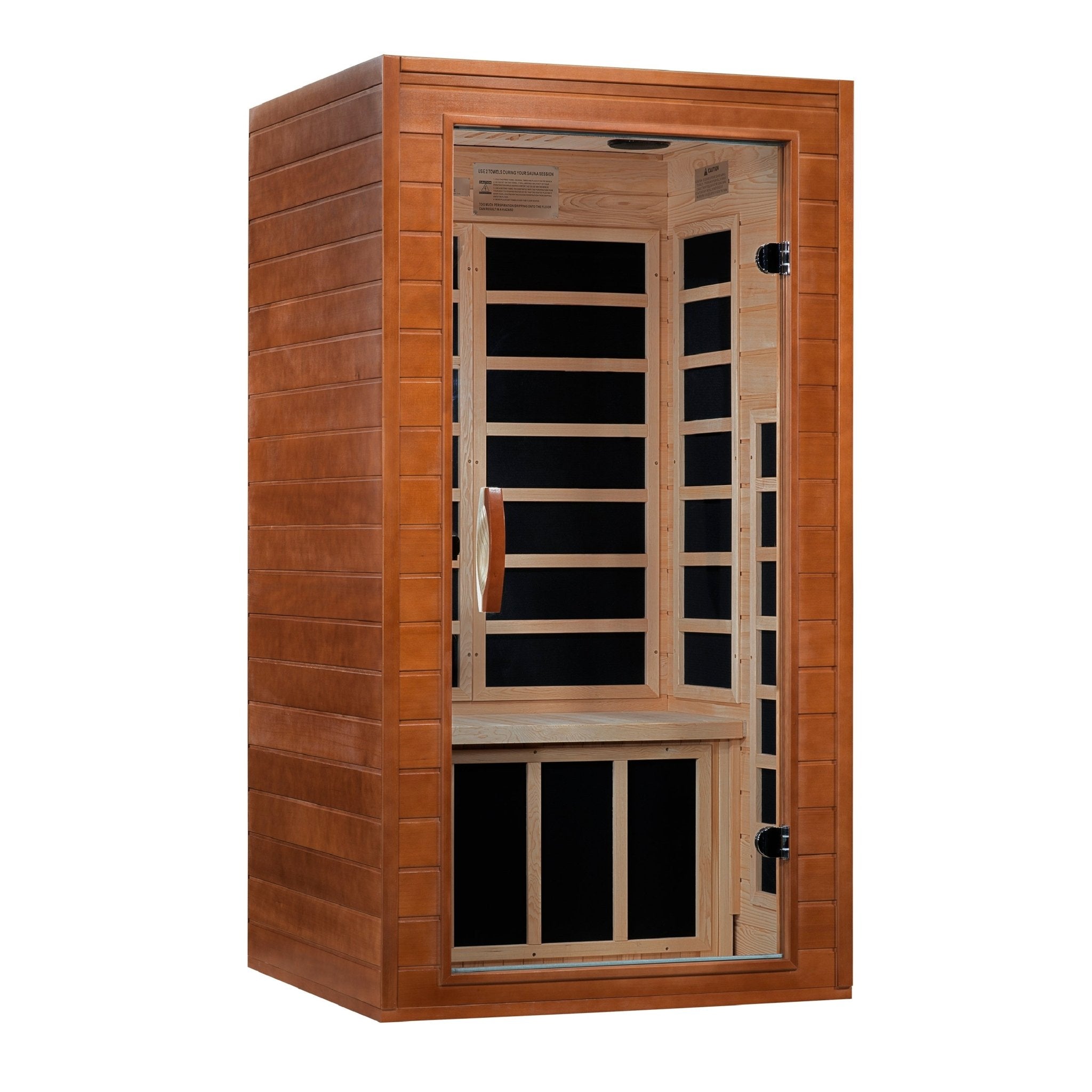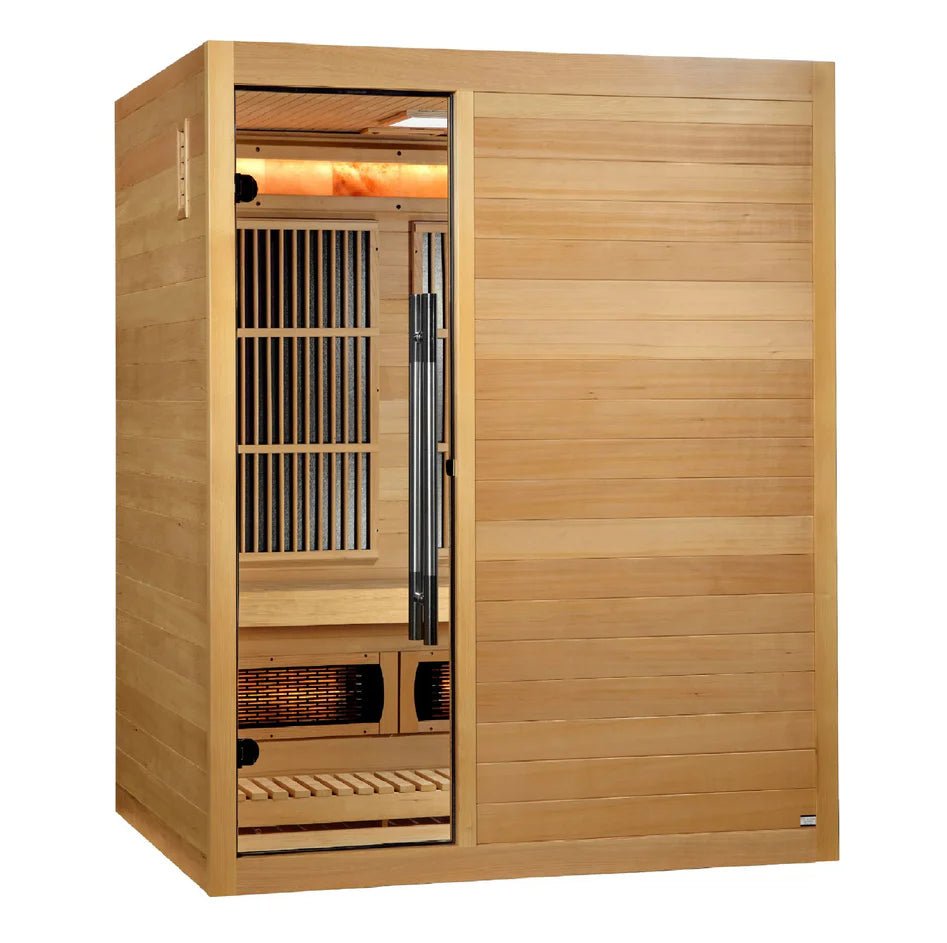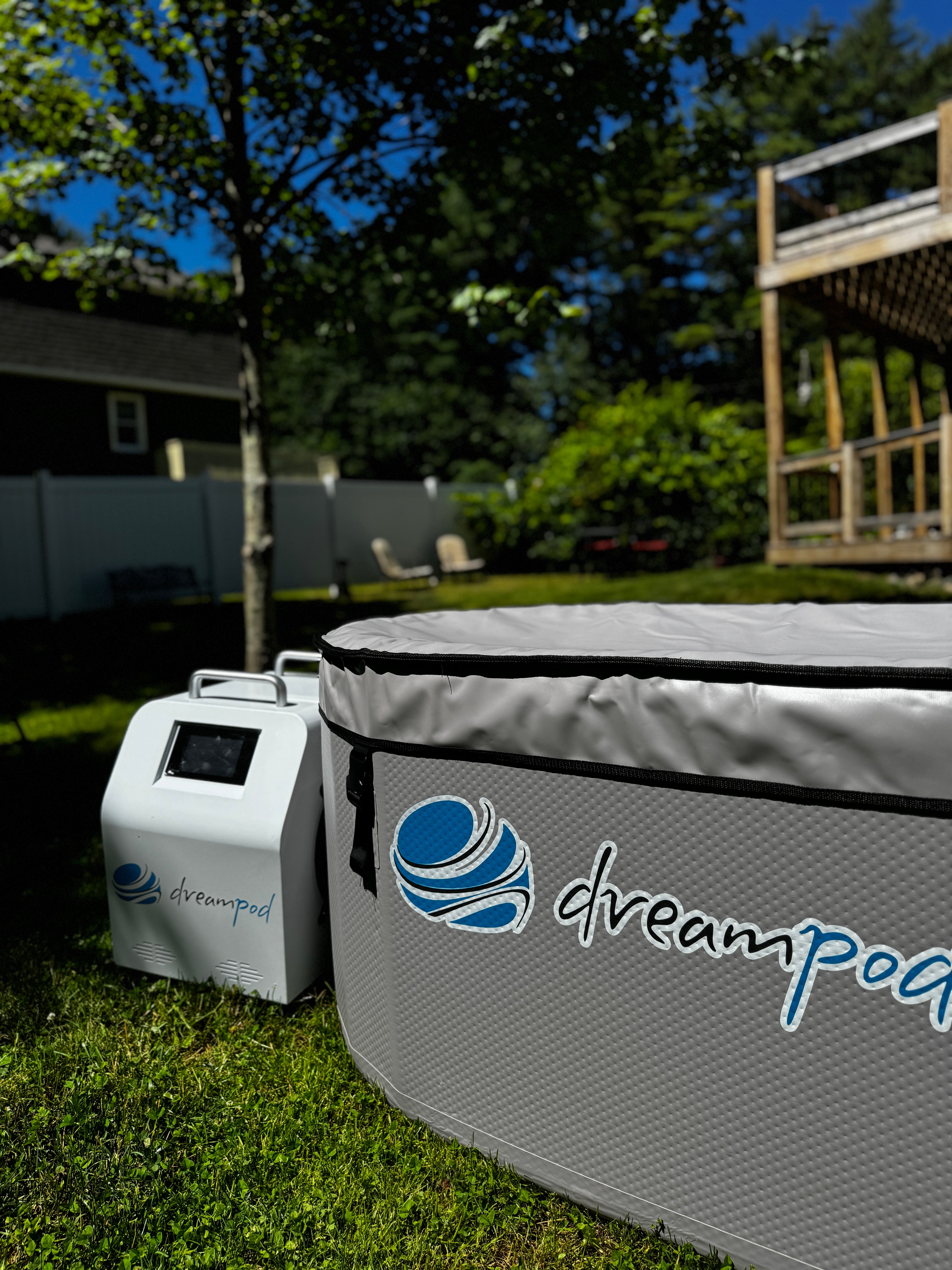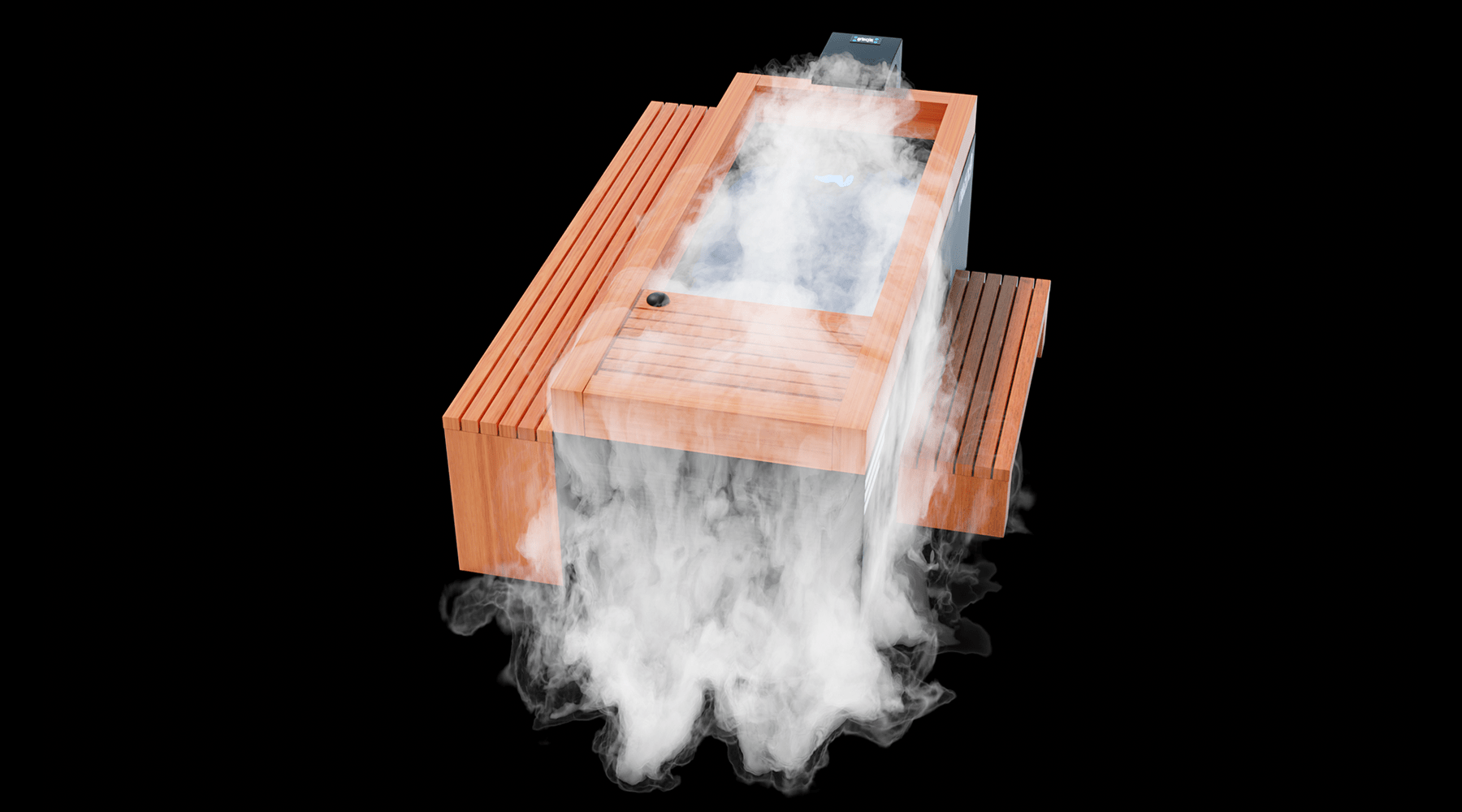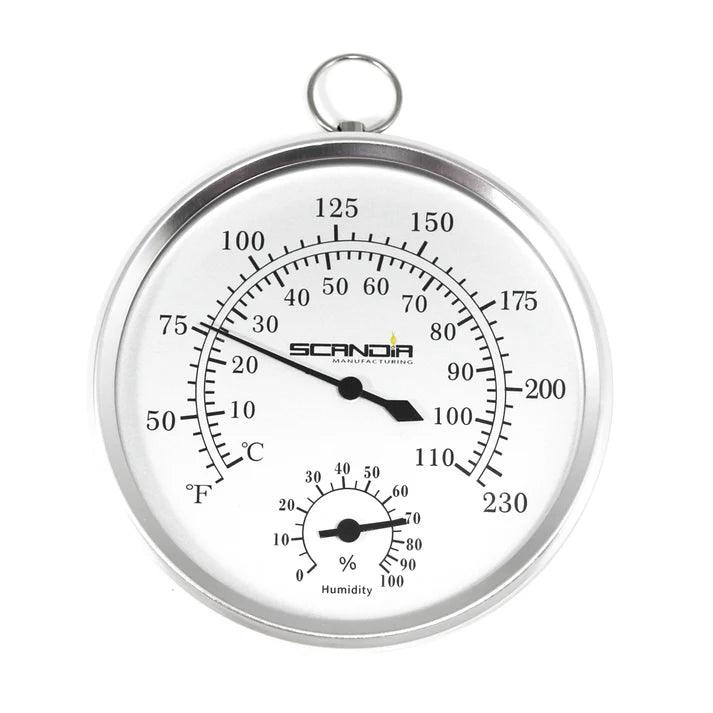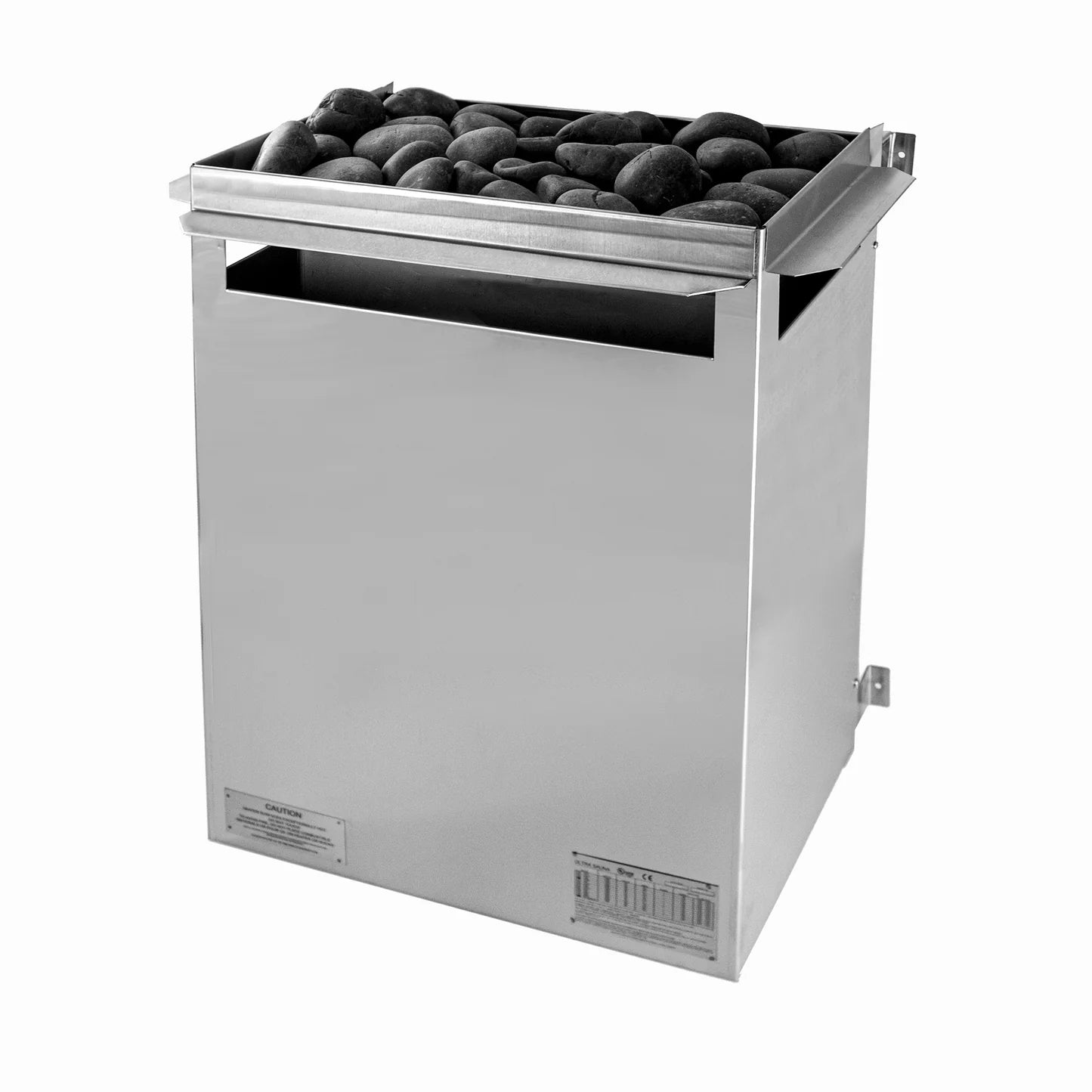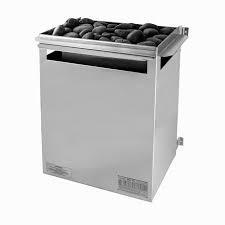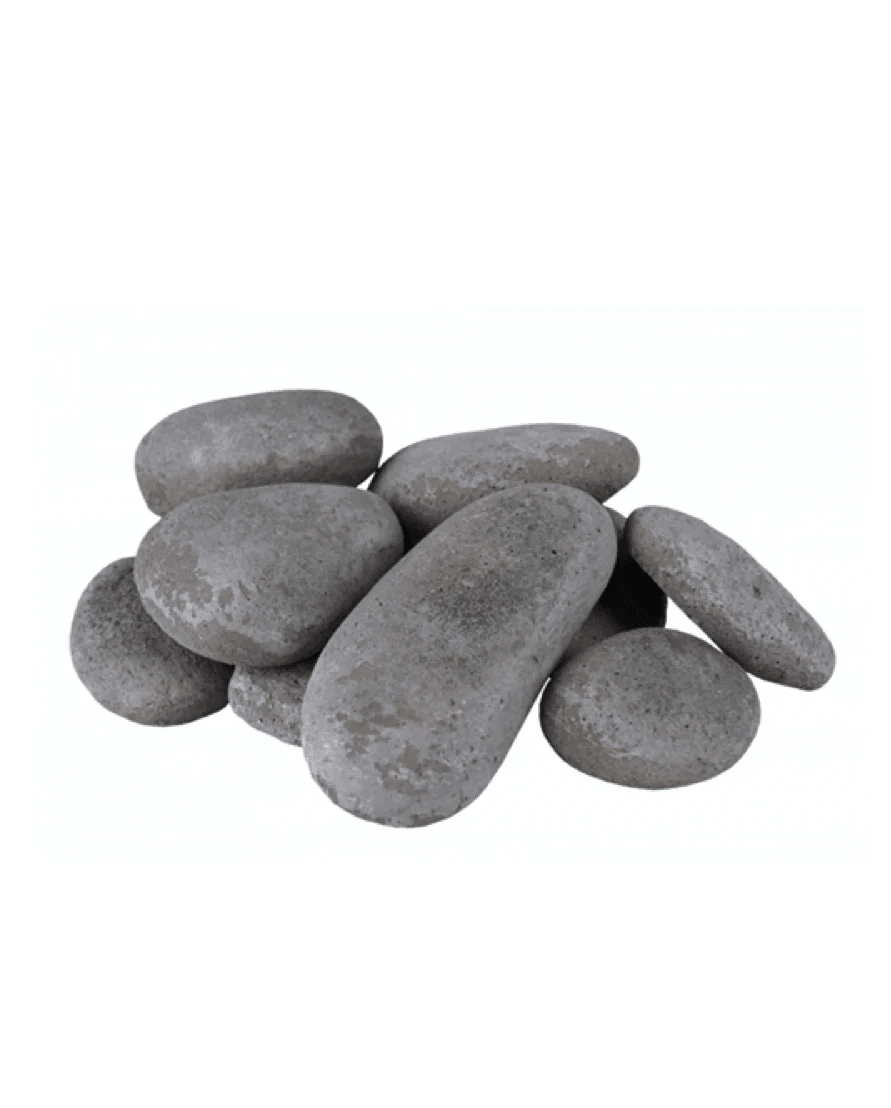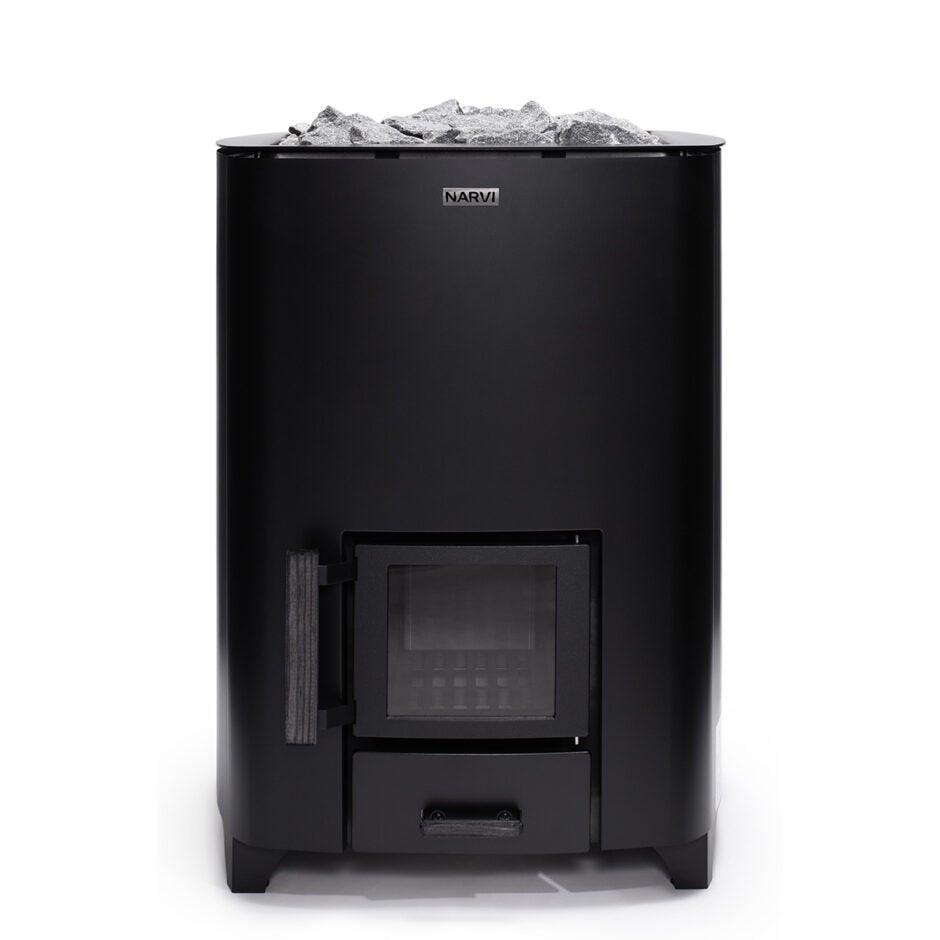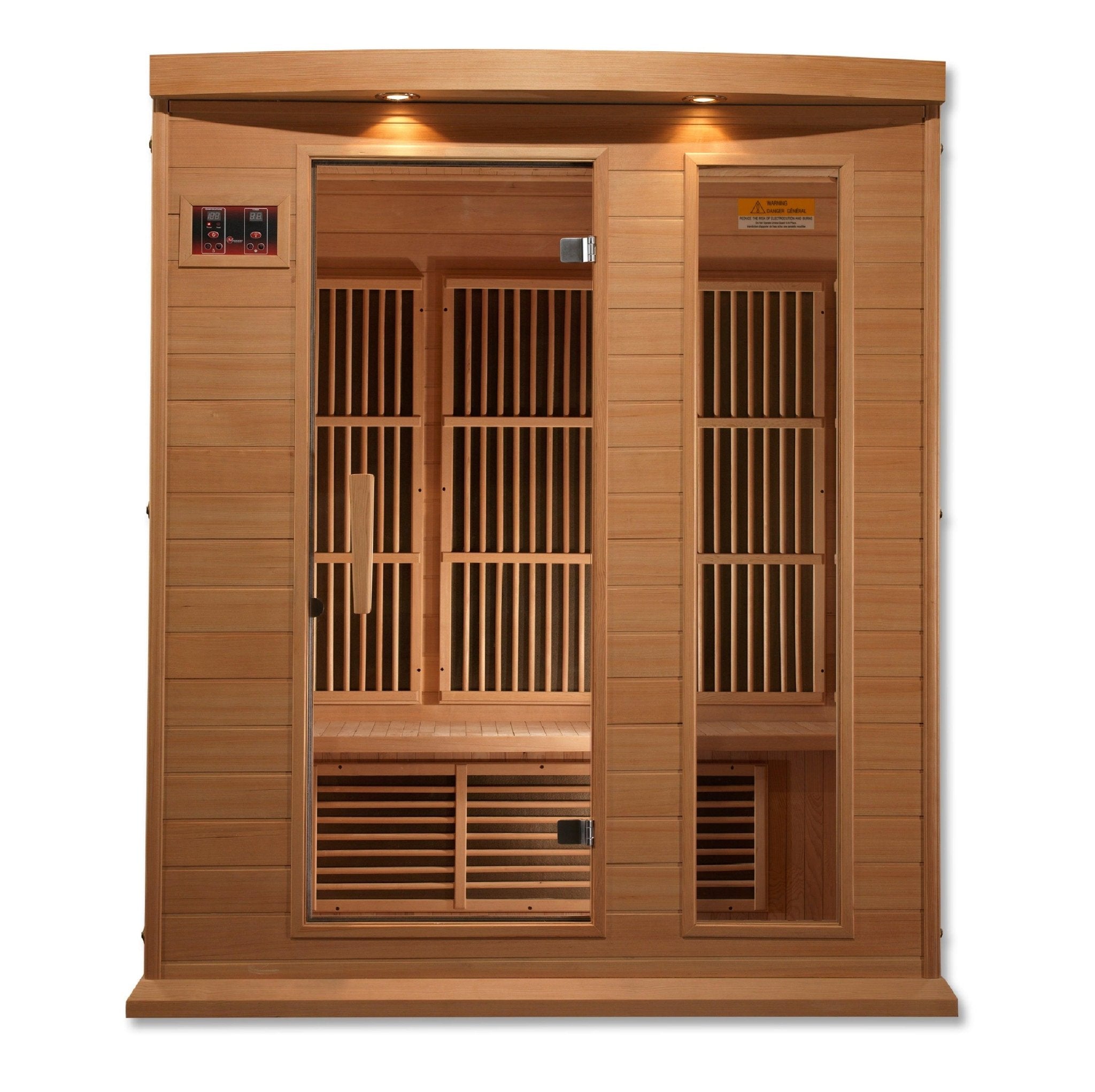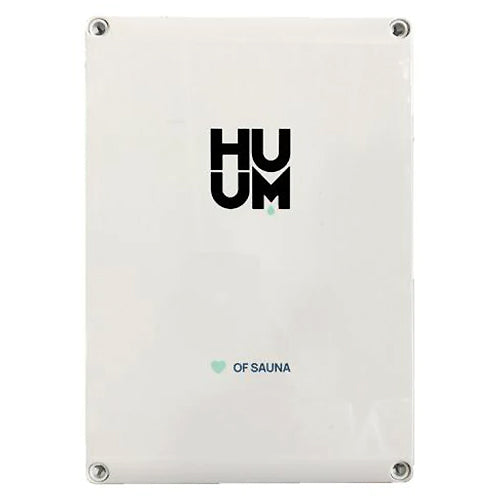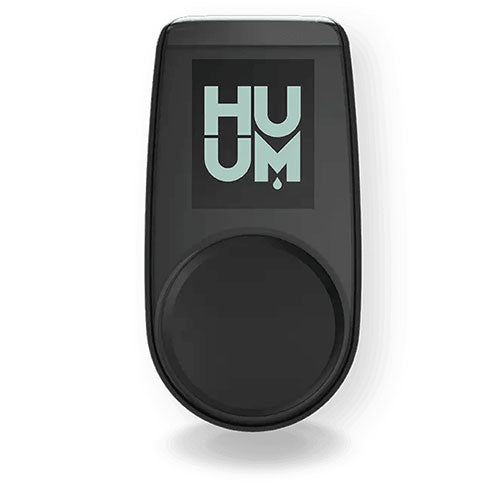
Are Saunas Good for You? Unpacking the Science Behind Sauna Benefits
From ancient Roman baths to modern fitness centers, saunas have been used worldwide for relaxation and health purposes. But beyond the soothing heat and steam, what are the actual health benefits of saunas? In this article, we delve deep into the scientific research, expert opinions, and health guidelines to uncover whether saunas are truly good for you.
The Science of Saunas: How They Work
Saunas function primarily through dry or wet heat sessions, encasing individuals within a room heated between 150°F to 195°F (65°C to 90°C). This environment significantly raises the body's surface temperature, stimulation blood flow, and promoting sweat production, which are pivotal mechanisms that influence various health outcomes.
Cardiovascular Health
One of the most cited benefits of sauna use is the positive effect on cardiovascular health. Studies, including those published in journals such as Mayo Clinic Proceedings, have shown regular sauna use to resemble the effects of moderate physical activity like walking; enhancing heart rate, improving circulation, and reducing blood pressure. The heat induces a natural dilation of blood vessels, which enhances circulation and cardiac output. Research has consistently demonstrated a reduction in risk factors for cardiovascular diseases in regular sauna users.
Stress Reduction And Mental Health
The calming heat of a sauna session provides a considerable reduction in cortisol levels — the body's primary stress hormone — and promotes a state of relaxation and mental wellness. Deep heat therapy can help lessen chronic tension and fatigue, leading to improved overall mood and mental health. According to a 2015 study in Journal of Psychosomatic Research, frequent sauna bathing is correlated with a reduced risk of developing depressive disorders and can help alleviate symptoms of anxiety.
Effects on Musculoskeletal System
Warm environments like those found in saunas have been found effective in alleviating pain associated with musculoskeletal conditions such as arthritis or muscle soreness after exercises. The heat helps to decrease joint stiffness, reduce inflammation, and increase tissue flexibility, making it a favored method of warming up before or cooling down after intense physical activity, as outlined by the Arthritis Foundation.
Detoxification Debunked
Despite popular belief, the concept of 'detoxifying' the body through profuse sweating in a sauna is scientifically unsubstantiated. The primary function of sweat is temperature control, not toxin elimination. Most detoxification processes occur in the liver and kidneys and are not significantly affected by sweating. It’s important to approach such claims with a critical mindset and consult credible sources for health information.
Are Saunas Safe for Everyone?
While saunas are generally safe for most people, they are not suitable for everyone. Those with cardiovascular conditions such as low blood pressure or arrhythmia, pregnant women, and individuals with conditions affected by heat exposure should consult healthcare providers before starting sauna therapy. Moreover, it's crucial to stay hydrated and limit sauna sessions to 15-20 minutes at a time to prevent overheating and dehydration.
Integrating Sauna Use Into A Holistic Wellness Routine
When used appropriately, saunas can be an excellent addition to a holistic wellness routine. Combining sauna sessions with other wellness therapies like massage, cold water immersion, and floatation therapy might enhance overall benefits and contribute to a comprehensive approach to health and well-being.
Conclusion: Weighing the Benefits Against the Risks
In conclusion, regular and responsible use of saunas can offer several health benefits, particularly related to cardiovascular health, stress reduction, and musculoskeletal relief. However, it is important to individualize sauna use and medical advice based on personal health conditions and potential risks. By doing so, sauna use can be both a pleasant and health-promoting activity.
View More Articles




